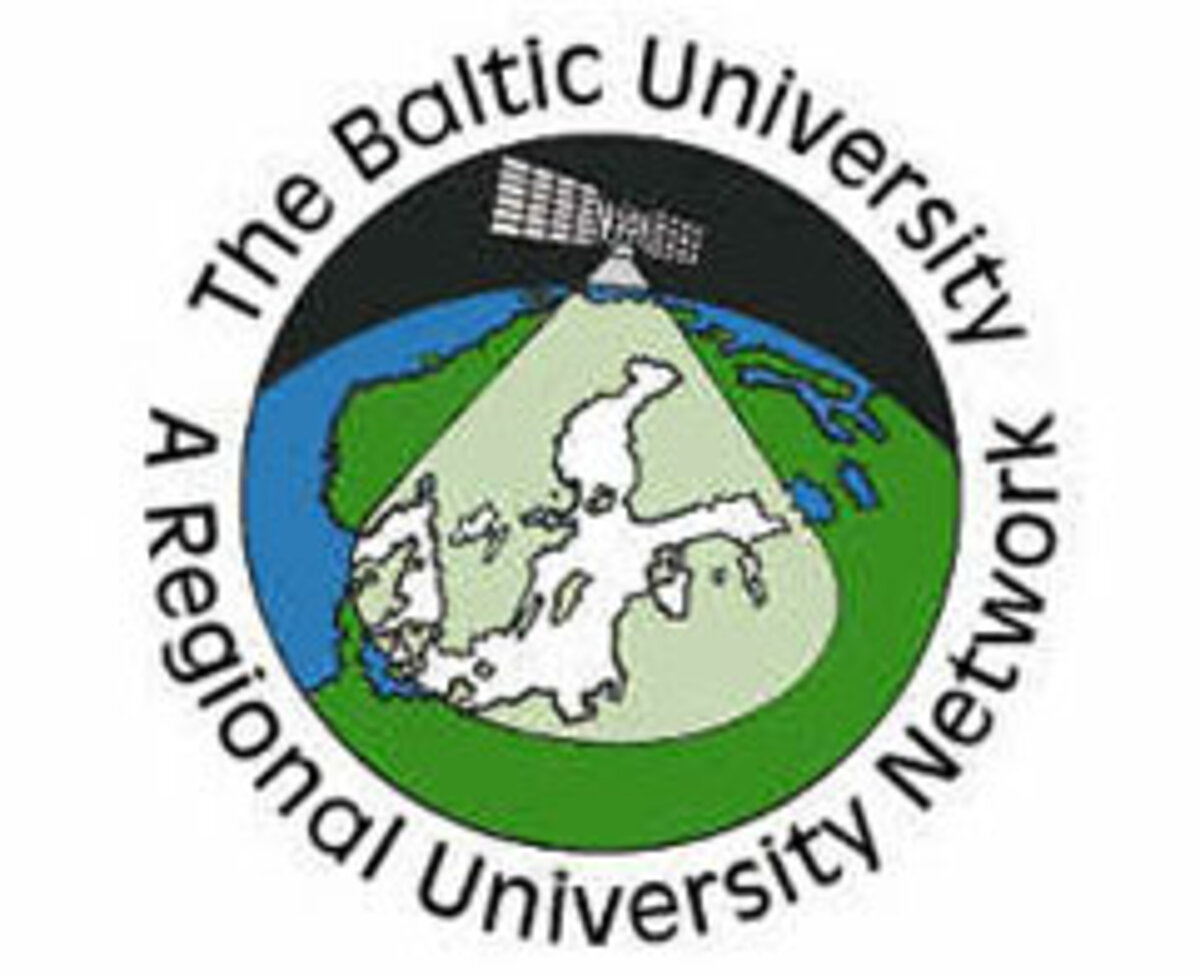
This is achieved by developing university courses, and by participation in projects in cooperation with authorities. One of the most important Baltic University Programme (BUP) activities is the organization of students’ conferences. The BUP network is coordinated by the Baltic University Programme Secretariat, a part of Uppsala Centre for Sustainable Development at Uppsala University (Sweden).
Each year BUP organizes at least one students’ conference in Poland, as well as cruises on sailing ships during which students participate in seminars about various issues related to sustainable development. In previous two years there were two students’ conferences each year. The previous three conferences dealt with the climate change: Climate Change and Development Challenges in the Baltic Sea Region, Climate Change and Education for Sustainable Development, and Climate Change and Human Rights.
Guest lecturers from universities, various organizations and government institutions are invited to the conferences to give lectures to students about issues related to environmental protection and sustainable development. Conferences have been attended by such guest lecturers as an IPCC scientist, a Greenpeace representative in Poland, and others.
In the BUP conference in Rogow (Poland) which took place in April 2009, overall 70 students from 14 countries and 35 universities participated in the creation of two declarations, requesting specific changes – Declaration on Climate Change and Declaration on Education for Sustainable Development.
In the Declaration on Climate Change students expressed their concern about the climate change and its consequences; therefore, authorities and politicians are asked to set legally binding emissions targets for greenhouse gases that allow CO2 concentrations in the atmosphere to stabilize at 300ppm at the end of this century; develop and put in place a framework for the monitoring, preservation and revitalization of global ecosystems, as well as base the new climate treaty on principles of equity and the preservation of human rights.
In the Declaration on Education for Sustainable Development students voice their concern about the quality and suitability of education provided in their universities, because under the current circumstances it would be important to implement the principles of sustainable development in universities in multiple ways. The aim of universities is to be the leading source in providing knowledge. Thus, students appeal to rectors, university administration and teachers to create interdisciplinary courses to educate students of different specialities in the principles of sustainable development; take measures to make campuses sustainable, that is, green; provide training for faculty staff on new teaching approaches and methodologies; set up academic centres for sustainable solutions to guarantee availability of information and collaboration between public and specialists. Student representatives later presented the Declaration on Education for Sustainable Development in October in Uppsala BUP Rectors’ Conference.
Apart from conferences, each year students also have an opportunity to sail while participating in seminars related to sustainable development. For example, last summer students had the opportunity to participate in sailing competitions from Turku to Klaipeda on the Swedish sailing ship Tre Konor, to be one of the crew actively participating in sailing, learning its basic principles, and taking part in a seminar about the environmental situation in the Baltic Sea and climate change in the context of sustainable development.
BUP students’ conferences are attended not only by those whose studies are related to the environment, but also by students of other specialities; thus, different opinions are voiced leading to a broader view of the specific issue. Moreover, it is shown that students who study other subjects, for example, economics, public relations, or chemistry, are also interested in global environmental problems, and in public activity towards sustainable development.
Apart from knowledge, new experience and awareness, BUP students’ events provide an opportunity to obtain new friends from all countries of the Baltic Sea region. Such events show that there are people who share the same views also in other countries, and it promotes cooperation at international level in the implementation of common ideas.
Translated by students of the professional study programme Translator of the University of Latvia.
Translated by students of the professional study programme Translator of the University of Latvia.

 CONFERENCE
CONFERENCE